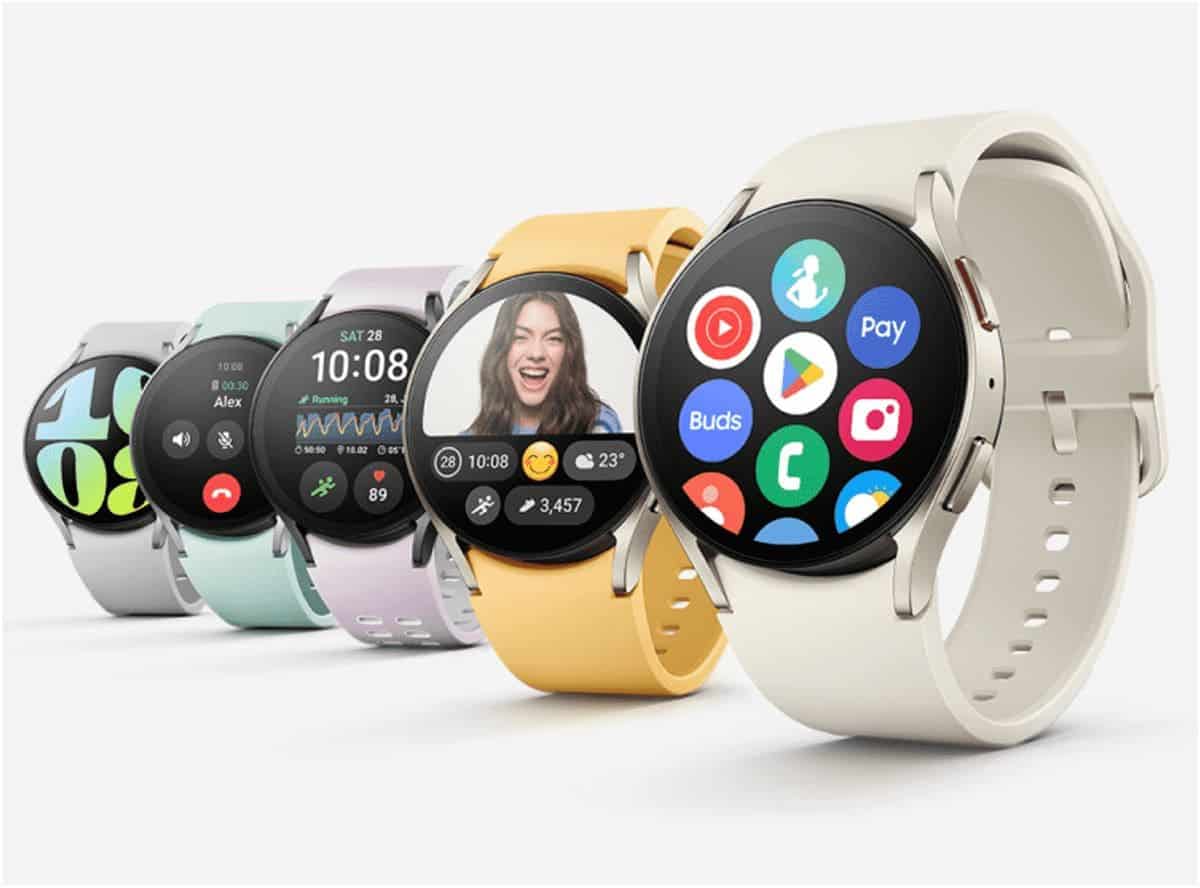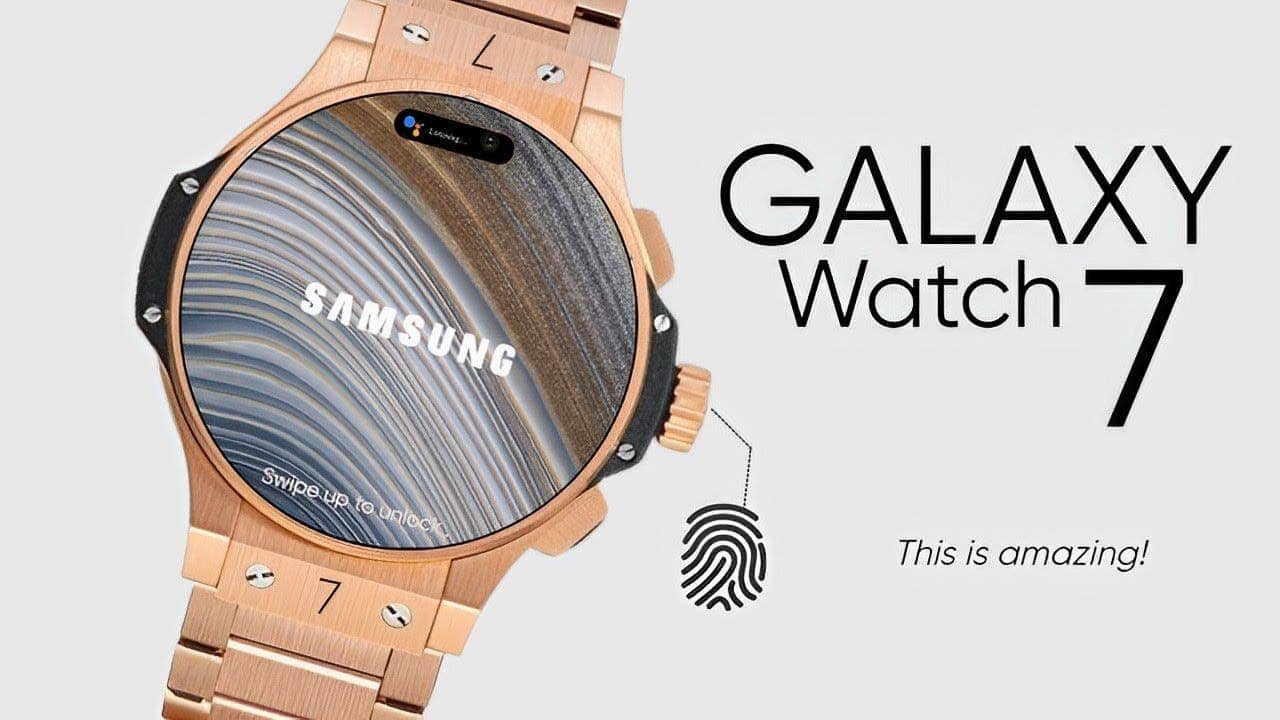The upcoming Samsung Galaxy Watch 7 might include an innovative AI-powered Blood Sugar tracking feature. Recently, the head of Samsung’s MX Division discussed the potential of AI-based wearables during a meeting with members of the Samsung Health advisory committee. One of the key functionalities highlighted was the ability to monitor blood sugar levels, which could significantly enhance the health-tracking capabilities of the device.
Galaxy Watch 7 to Feature Blood Sugar Monitoring
During recent discussions, there was mention of a potential new feature for the upcoming galaxy watch 7: blood sugar monitoring. This feature may debut with the release of the watch in July of this year. Importantly, the technology anticipated to be used for monitoring blood sugar levels will be non-invasive, meaning it won’t cause any wounds. This advancement could make the Galaxy Watch 7 a more appealing choice for those looking to manage their health seamlessly.
The US Food and Drug Administration (FDA) has expressed skepticism about non-invasive methods for blood sugar monitoring, noting that they tend to be less accurate than traditional, invasive methods. Despite this, the FDA has not yet approved any non-invasive blood sugar monitoring technologies. However, Samsung is reportedly looking to overcome these challenges by leveraging artificial intelligence (AI). The company aims to enhance the accuracy and reliability of non-invasive blood sugar tracking, potentially paving the way for regulatory approval and widespread adoption of this innovative feature in devices like the Galaxy Watch 7.
Samsung to Introduce Galaxy Watch Ultra
This year, Samsung is expanding its lineup by introducing the first galaxy watch ultra, alongside its standard models. The company may choose to reserve the Blood Sugar monitoring feature exclusively for this more premium variant. However, it’s still uncertain whether this feature will be ready to launch with the watches this year, or if it will require more development time before the company includes it.
Dr. Klonoff points out that there’s growing curiosity about how different behaviors impact glucose levels. He emphasizes the importance of integrating health metrics: “Since health metrics are interconnected, combining glucose data with insights into sleep, blood pressure, and activity levels can spark deep conversations about individuals’ lifestyles and experiences.” This holistic approach can provide a more comprehensive understanding of health and well-being.





